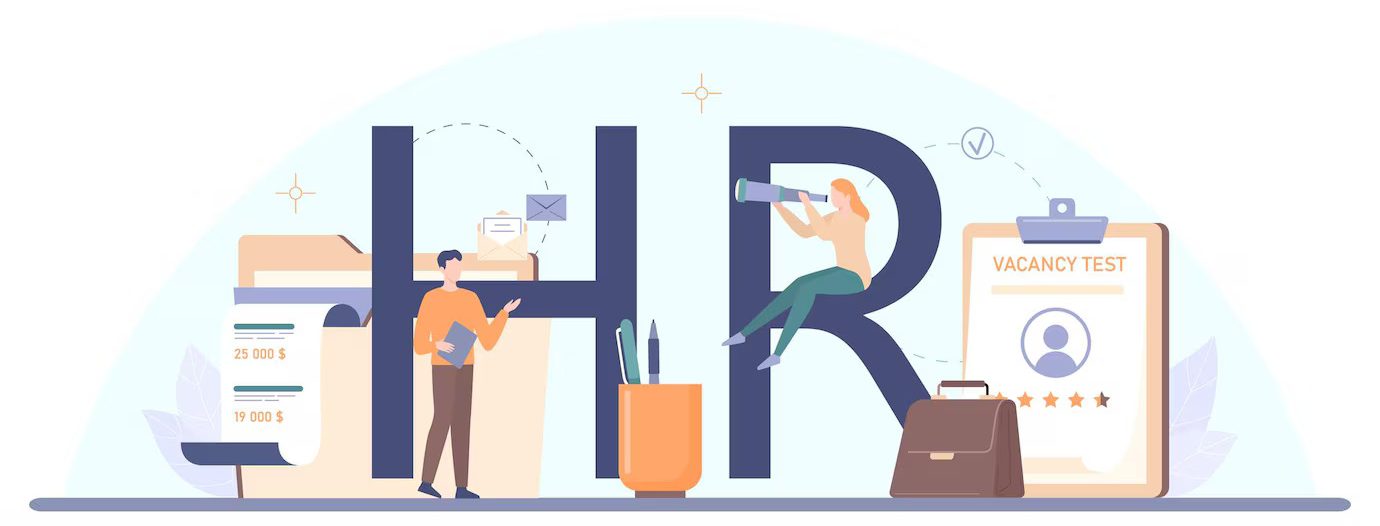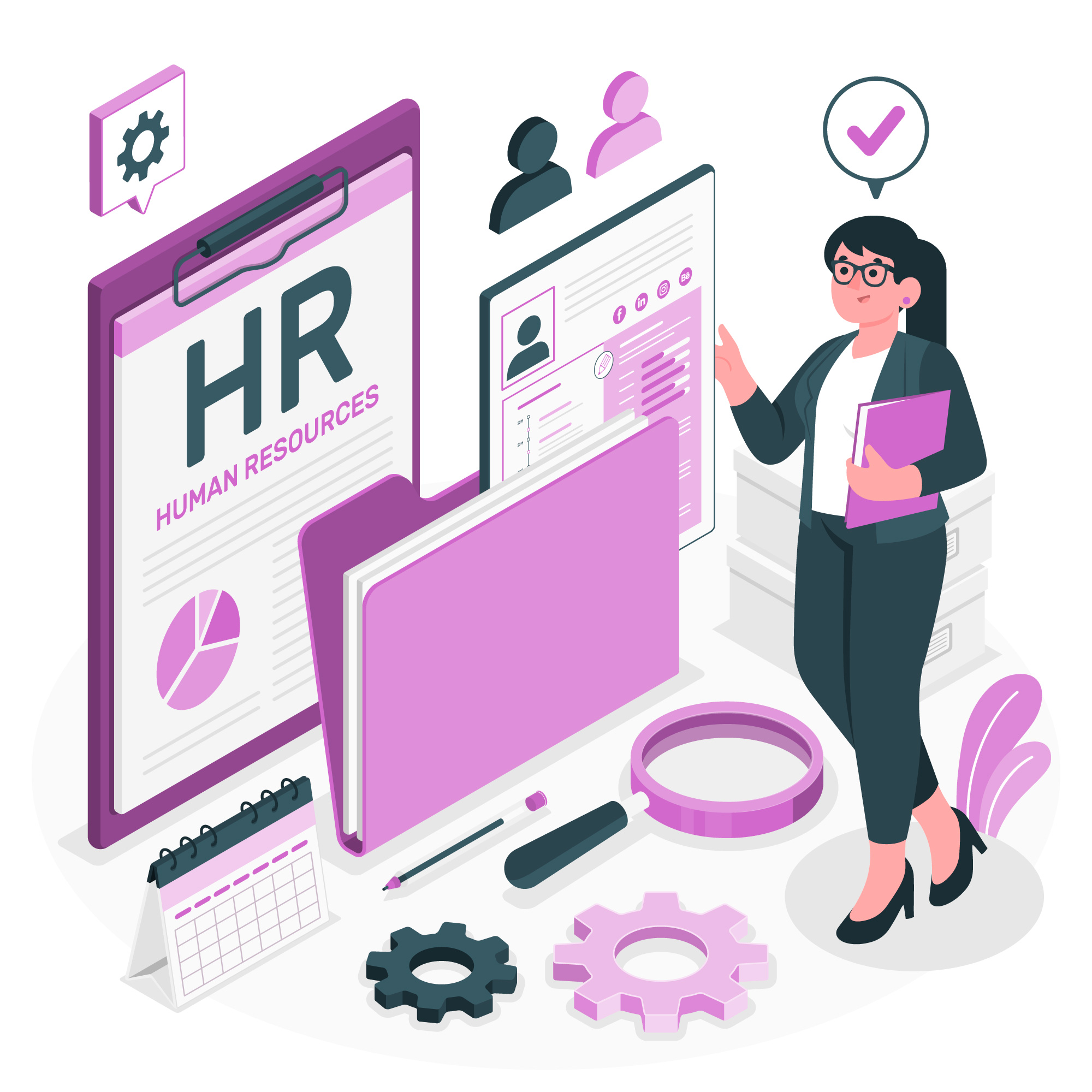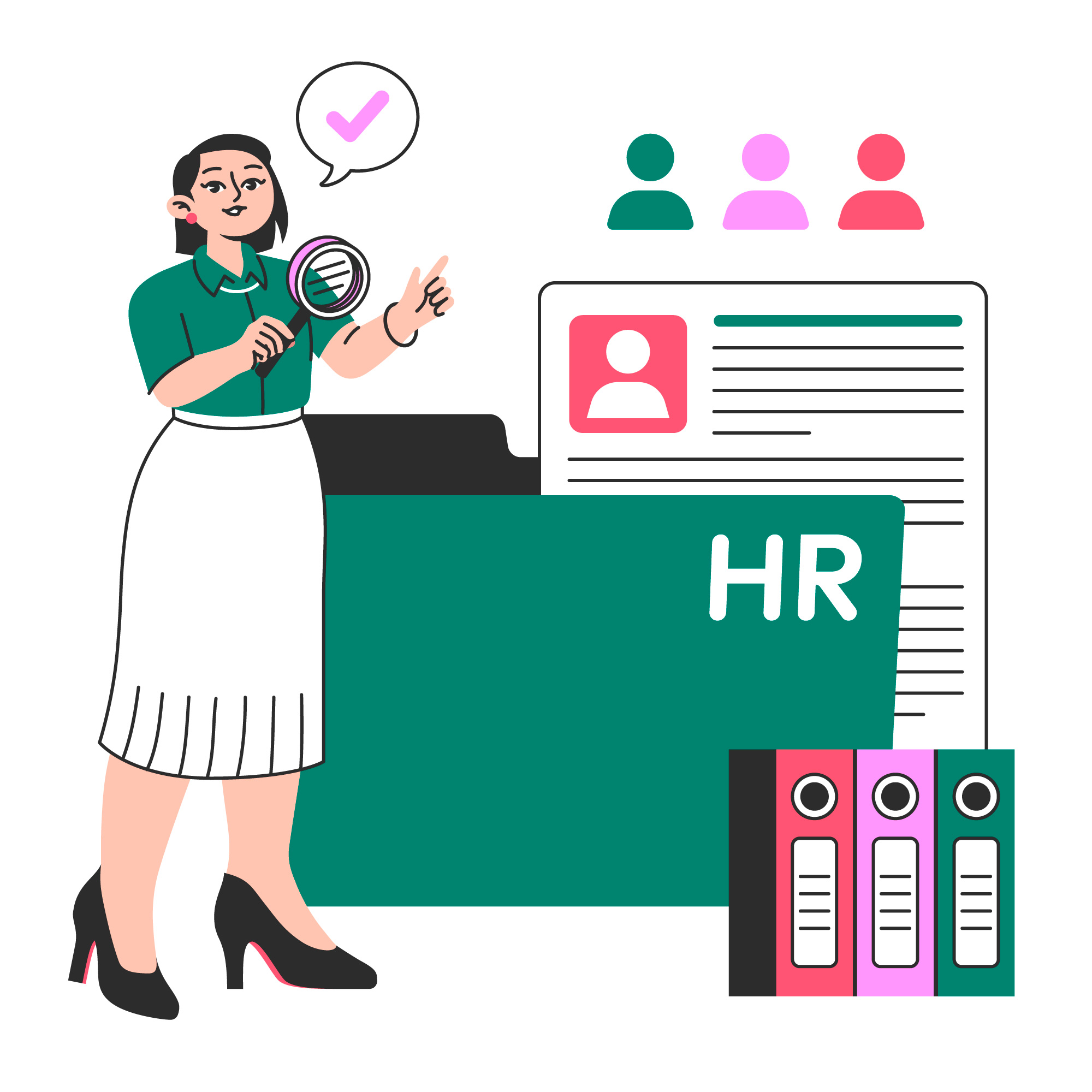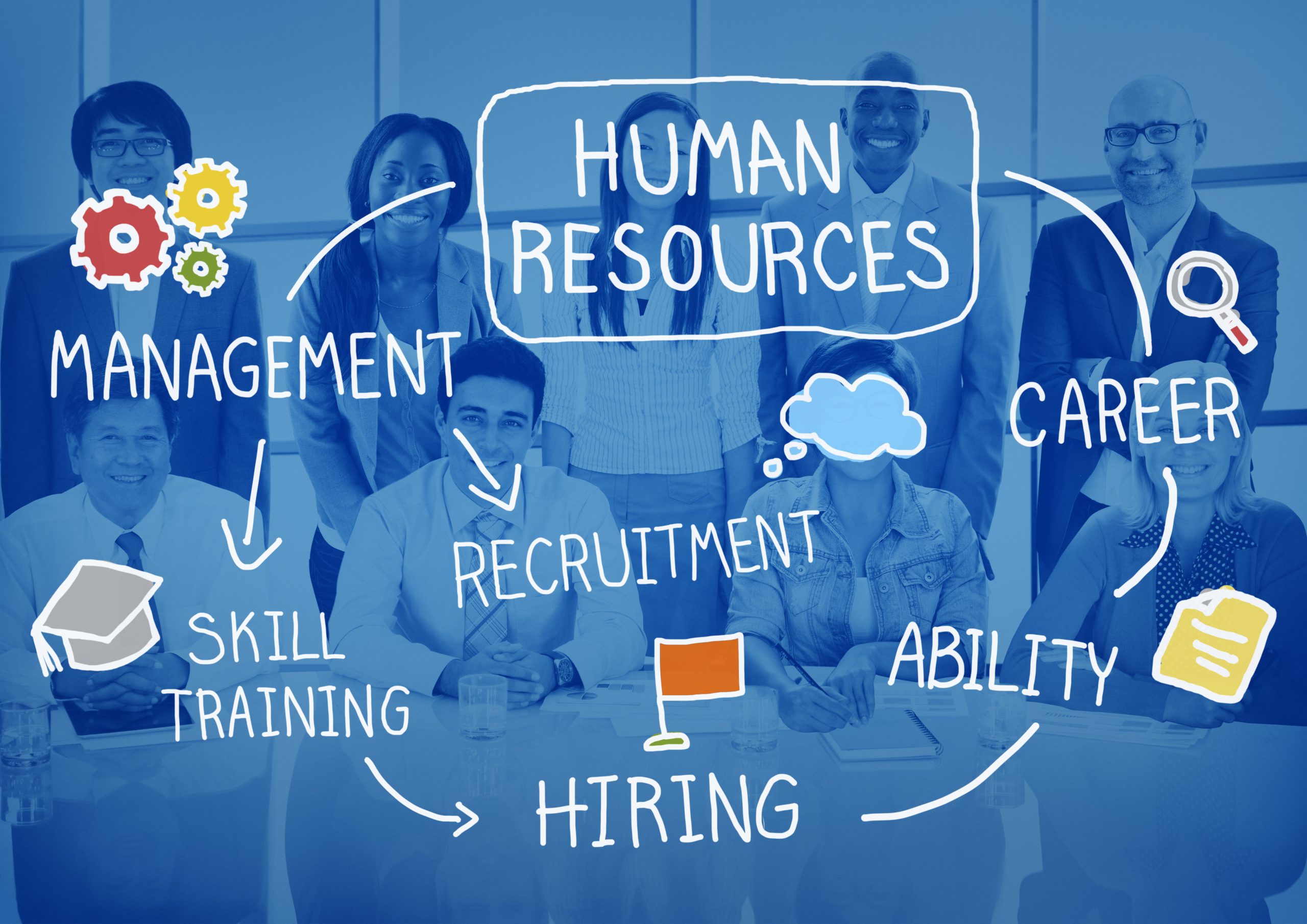Key Roles and Responsibilities of an HR Manager: An comprehensive guide
Role of HR manager plays a key role in the success of any business because a good HR takes care of your most important asset- your employees. Most of the HR job activity is performed unnoticed, especially when being successful. HR managers are involved in a number of key activities, such as employee hiring, employee training, pay and benefits, compliance, and performance management, among others. They have to be in tune with the needs of the company and with the job market. One person can handle more than just a few tasks at the HR level in smaller companies. In this article, we will talk about what is the role of HR manager, and the roles and responsibilities of HR manager to identify how significant an HR manager can be to any business.


What is Human Resource Management?
Human Resource Management (HRM) is defined as the process of managing a firm’s workforce. It covers handling the recruitment, training, and staff development procedures to get the right people in the right jobs to meet the needs of the firm.
HRM also involves activities like monitoring the performance of its employees, pay and benefits handling, employee relations management, and workforce planning in the future. HR people formulate policies that comply with employment laws, promote a healthy work environment, and support diversity and inclusion.
HRM affects the engagement, productivity, and retention of employees. Therefore it is very fundamental to the success of a company. With growing remote and hybrid work models, HRM has become increasingly important as a critical component in today’s ever-changing business environment. Also, companies depend on very qualified personnel in HRM to counter problems, such as talent shortages and digital transformation.
Workforce planning is also part of HR management. The HR should ensure that people leaving the organization due to resignation, retirement, layoffs, or for being on medical leave should not hamper the functioning of the organization and succession planning is important in all these cases.
Role of HR Manager
If you are wondering what is the role of HR manager then below we have listed some of the key roles and responsibilities of HR manager:
-
1. Hiring and Recruitment
One of the key roles and responsibilities of HR manager is hiring and recruiting new candidates. Recruitment can be done through online sources, recruitment agencies, and other methods. Once the candidates with the matching roles and responsibilities are found, technical rounds take place. At the last step of the interview, HR discusses the roles and responsibilities with the potential candidate and offers the salary with benefits to the candidate.
-
2. Training and Development
All leaders want their employees to succeed, and to do so they offer them the necessary tools. Some of these tools are more immediately physical, like laptops or job-specific equipment; but all employees need things like new hire orientation, leadership training, and development opportunities. Moreover, some HR software even offers learning portals where employees can track personal career development paths.
-
3. Creating Job Description
The design and description of the job are to identify the roles that a team or department requires and clearly define them. The HR manager is responsible for creating the job description based on the firm’s requirements. It includes the skills, qualifications, and responsibilities that come with each role. They also recognize how the team is supposed to work together as well as the kind of leadership to effect efficient collaboration. For instance, the HR manager may determine that a department works better as a multi-team, each under a team leader.

Do you want to know more about our hihellohr Software?

-
4. Compensation and Benefits
Another important operational role of HR manager is managing the compensation and benefits of employees. For smaller companies, it is easy to handle the compensation and benefits but with the bigger company, it is complex for HR to handle everything. As in big companies, there will be more employees to handle. In big companies, multiple HR departments handle compensation and benefits.
-
5. Ensuring Employee Health and Safety
HR managers are responsible for ensuring the safety and good health of the employees in the organization. They ensure that the organisation and industry do not risk the health and safety of its workers. Therefore, they identify different risks and provide protection depending on the nature of the organisation and industry. They reduce or eliminate some risks as well. HR managers promote well-being by setting up health programs, providing benefits such as gym membership, or arranging activities like relays or even friendly competitions.
-
6. Talent Management
The talent management workforce handles everything about the employees in the company, from hiring to retaining them. These HR officers need data management skills, communication, and attention to details. Recruiters make up your firm’s team, overseeing everything about hiring, from initiating the process to the end. Their key functions are listed below;
- Working with hiring managers to establish needs, timelines, and budgets
- Preparing an appealing job descriptions
- Posting on job boards and tracking responses
- Recruit people by attending job fairs and social networking
- Conducting background checks
- Initial interviews and follow-up interviews
- Requesting input from the managers
- Preparing offer letters, along with bargaining with the new hire over the salary and benefits
- Discussion with new hires about what to expect in terms of on-boarding.
Once a new hire joins, the employee relations team takes over. This team manages the employee-employer relationship and spends much of its time on satisfaction, company culture, and communication in case of conflict. All these fall under employee engagement, which is the key to business success.

Related Articles:




